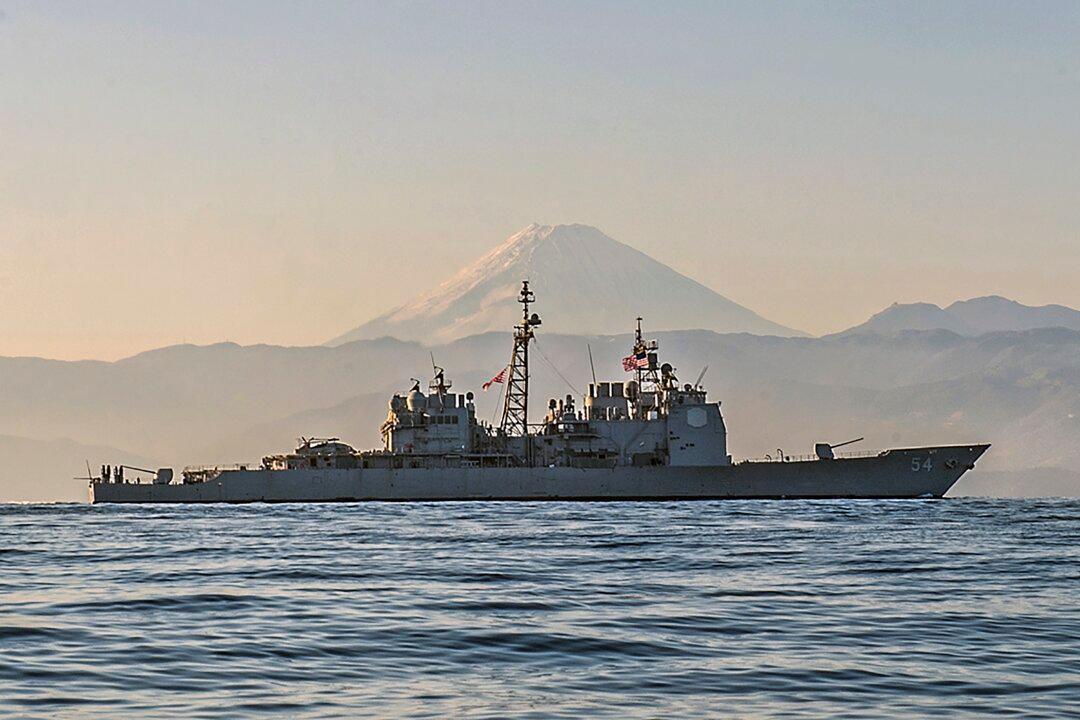Commentary
With an incoming administration that will be installed on Jan. 20, 2025, will there be shifts in U.S. foreign policy for the next four years that could affect the security of California and the other states?

With an incoming administration that will be installed on Jan. 20, 2025, will there be shifts in U.S. foreign policy for the next four years that could affect the security of California and the other states?